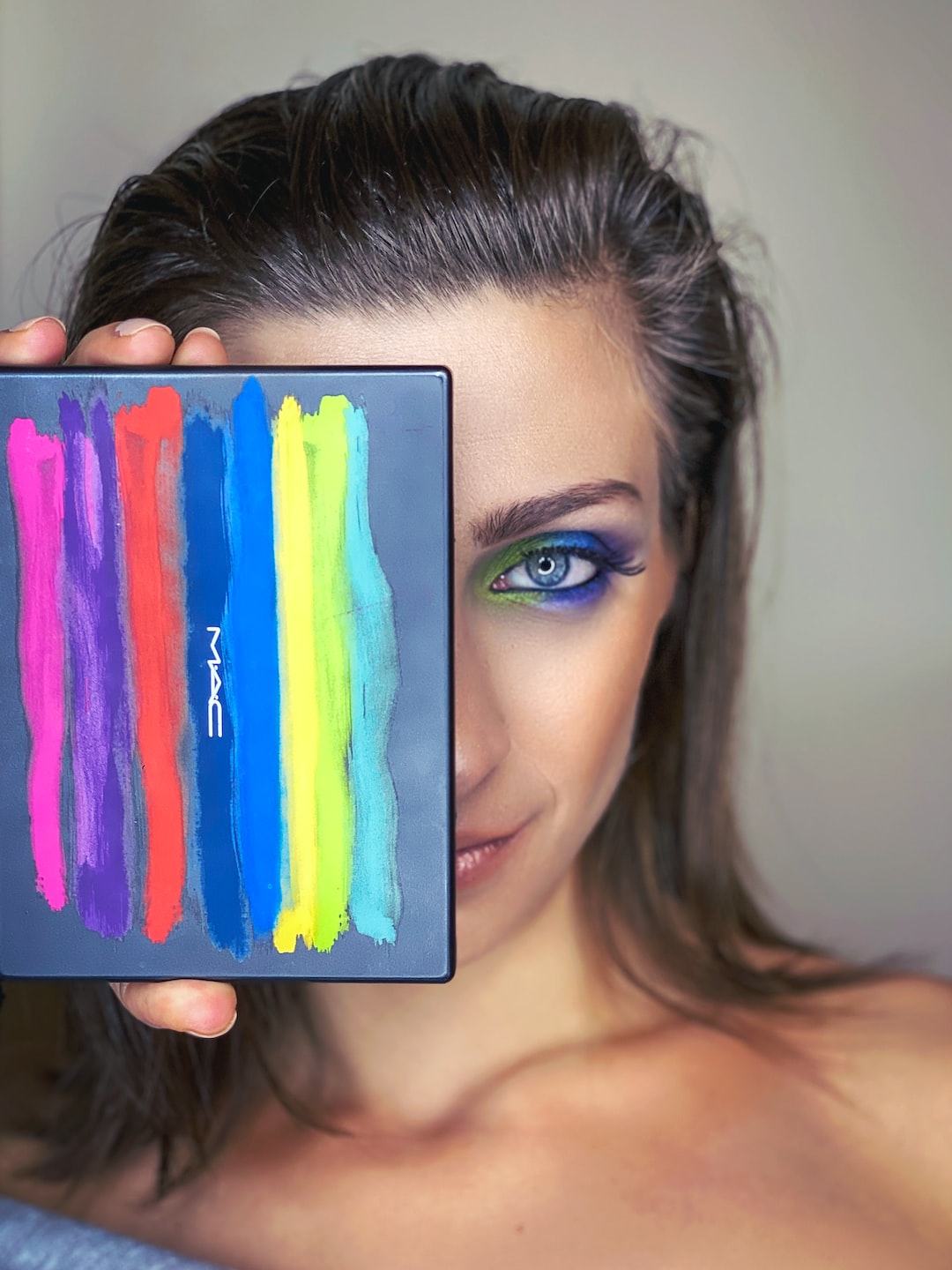The Art of Perfume Layering: How to Create Your Signature Scent
Perfume, an invisible accessory that has the power to captivate, evoke memories, and leave a trail of allure. It is an art form that allows us to express our individuality and connect with others through the sense of smell. While many of us are content with wearing a single fragrance, there is a hidden world that lies in the art of perfume layering. By combining different scents, you can create a one-of-a-kind signature scent that truly reflects your personality. In this blog post, we will delve into the tips and tricks of perfume layering to help you master the art and create your unique olfactory masterpiece.
Understanding Fragrance Families: Like any art form, mastering perfume layering starts with learning the basics. Familiarize yourself with different fragrance families, which are categorized based on the dominant notes they contain. Some common fragrance families include floral, oriental, citrus, woody, and aquatic. Each family has its own unique characteristics and can be layered to create different effects. For example, you may choose to combine a floral fragrance with a woody one to add depth and sophistication.
Start with a Solid Base: Before you dive into layering scents, it is important to have a solid base fragrance to build upon. Choose a fragrance that you love and that complements your body chemistry. This will serve as the foundation for your signature scent. Make sure you give the base fragrance time to settle on your skin before adding any additional layers.
Think in Terms of Notes: Just like music, perfume is composed of different notes that come together to create a harmonious symphony. Familiarize yourself with different fragrance notes – top, middle, and base notes. Top notes are the first impression of the fragrance, usually light and refreshing (e.g., citrus, bergamot). Middle notes are the heart of the fragrance, which develop once the top notes evaporate (e.g., floral, fruity). Base notes are the foundation of the fragrance and last the longest (e.g., vanilla, musk). When layering scents, aim to combine fragrances with complementary notes to achieve balance and complexity.
Experiment with Complementary Fragrances: Now that you have your base fragrance and understand the different fragrance families and notes, it’s time to start experimenting! Begin by layering scents from the same fragrance family to create a more robust version of your chosen scent. For instance, if you have a floral fragrance as your base, you can layer it with another floral scent that has a different character or intensity. This will add dimension and elevate your signature scent.
Explore Contrasting Fragrances: As you become more comfortable with perfume layering, don’t be afraid to step out of your comfort zone and experiment with contrasting fragrances. Combining scents from different fragrance families can result in unexpected and unique combinations. For example, pairing a fresh citrus fragrance with a warm oriental fragrance can create a fascinating contrast that is both invigorating and seductive. Play around with different combinations until you find the perfect juxtaposition that resonates with your personality and style.
Consider Seasonal Changes: Just as our wardrobes change with the seasons, our fragrance preferences should also evolve. During the warmer months, opt for lighter, fresher fragrances that evoke a sense of energy and vitality. In contrast, colder seasons call for deeper, warmer fragrances that provide a cozy and comforting aura. To adjust your signature scent accordingly, try layering your base fragrance with seasonal scents that enhance its overall character.
Remember Less is More: While perfume layering allows for creativity and personal expression, it is important to remember that less is more. Over-applying fragrances can overpower the senses and lead to an unpleasant olfactory experience. Start with small doses of each fragrance and gradually build up until you achieve your desired intensity. It is always better to have a subtle and well-balanced scent that lingers gently throughout the day.
In conclusion, the art of perfume layering is a delightful journey that allows you to customize your fragrance and create a signature scent that is uniquely you. Embrace the nuances of different fragrance families, experiment with complementary and contrasting scents, and adjust your scent with the changing seasons. Above all, have fun with the process and trust your intuition. With a little practice and exploration, you can master the art of perfume layering and unveil your own olfactory masterpiece. Happy scent blending!

